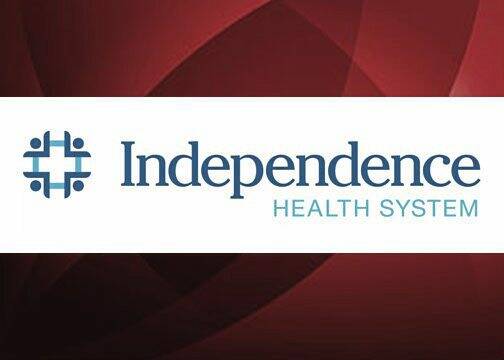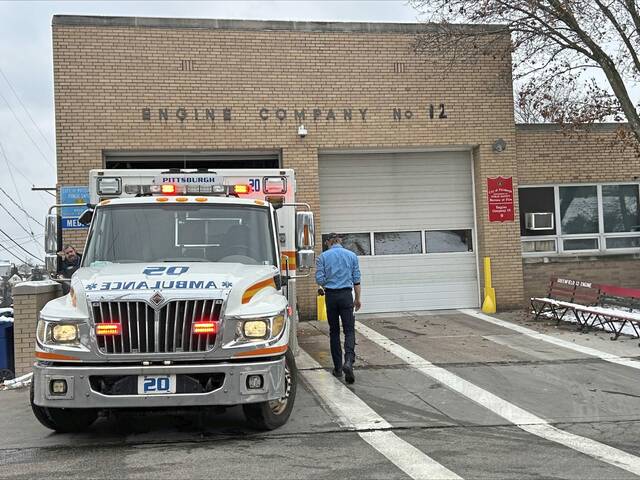Hospitals are part of the fabric of Pennsylvania.
Pennsylvania Hospital was founded in 1751 and was the first hospital in America to be founded as a medical facility and not as a workhouse or poorhouse. The state had the first mental health hospital. It boasts the oldest medical school and the oldest nursing school.
But it isn’t just a scope of time. There is also size. UPMC is the largest hospital system in the state and the 18th largest in the country. In Southwestern Pennsylvania, the big dogs of health care are undeniably UPMC and Highmark/Allegheny Health Network, which dominate the landscape in providing care and insuring it.
So what is a small local hospital to do when setting broken bones and taking out tonsils becomes a competition for business instead of a necessary service? If you don’t want to be taken over by another system, you have to become one of your own.
That is how we get Independence.
In January, Excela Health officially merged with Butler Health System, creating the third-largest system in Western Pennsylvania, with five hospitals (Butler, Clarion, Frick, Latrobe and Westmoreland), 7,300 employees and more than 1,000 providers. Announced in June 2022, it has taken until this week to announce the final piece of that merger, the rebranding with a new name as Independence Health System.
CEO and President Ken DeFurio is leaning on that name hard, expecting it to pick up a lot of weight.
“Independence is a name that rings true to all of us, and it is at the core of our mission and vision,” he said.
Someone worked hard on that “rings true” language. It definitely conjures up American flags and liberty bells, but let’s focus for a moment on the verbal irony of the name. Independence means standing on one’s own. It is not what the five hospitals or the two smaller health systems are doing by banding together.
Instead, they are relying on interdependence, like a union or a treaty. They have reformed as one entity in several parts to share resources and opportunities in an effort to compete with the big dogs of UPMC and Highmark.
It was necessary. The financial losses of Excela and Butler over the nine months leading up to March 31 totaled $62 million.
Pennsylvania is peppered with small hospitals in the same boat, many latching onto each other to create their own interdependent organizations like Penn Highlands Healthcare, a DuBois-based consortium that picked up Connellsville and Mon Valley locations in the last two years.
These smaller local systems are needed. It is in all too common a position of trying to provide the care people need because proximity is important when dealing with a stroke or a heart attack or a car crash.
They are just as important for the mundane appointments and follow-ups. Distance can be the difference between seeing the doctor and shrugging off a visit because of the time and money involved in keeping it.
But they need to see themselves — and we need to see them in return — not as plucky minutemen standing up to the redcoats but as integral parts of the communities they serve. That will benefit the systems, the people and Pennsylvania’s long legacy of medical care.








